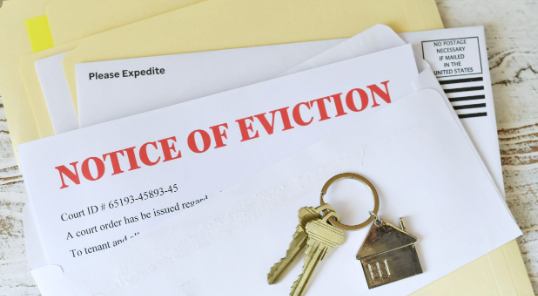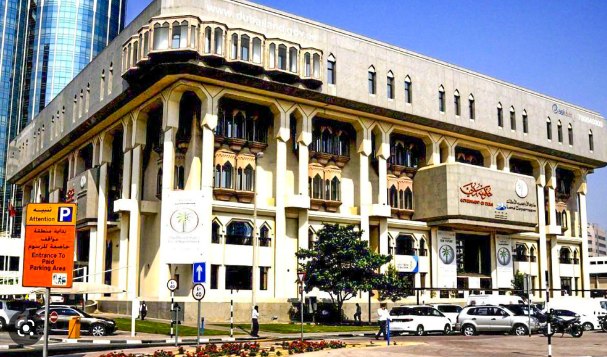Landlords 'Bending Rules on Eviction Notices'.
People living in Dubai have criticized unscrupulous landlords who are manipulating rules to evict tenants — only to re-rent the homes at far higher rates.
The practice has become common due to a surge in rental rates since the end of the pandemic. Dubai government regulations require landlords to serve an eviction notice of 12 months and then either move in themselves or sell the property.
Once they have evicted a tenant, they are forbidden from making the property available for rent for at least two years.
But some tenants have found their landlords advertising the same property for as much as twice what they pay.
In Dubai Hills and Damac Hills, where rents were low during the pandemic, many landlords are looking for 50 per cent more from tenants.
“We have seen cases where landlords are serving notices to their tenants and then straight away re-renting the property,” said Luke Remington of Haus & Haus real estate. “The tenant can put a legal case in if this happens, but most tenants don’t want a legal dispute with the associated costs.”
Figures from September show the average annual rent for a villa in Dubai reached Dh268,758, while the average apartment soared by 27 per cent to Dh89,986.
Rent controls limit the amount that a landlord can charge a sitting tenant to between 5 per cent and 20 per cent a year but once the home is empty, there are no constraints on what can be charged.
Rent increases and decreases in Dubai are guided by the Real Estate Regulatory Agency (RERA), based on a rent calculator developed and operated by the authority.
The rental calculator hasn’t been updated in the past two years — so if you check the calculator today it still shows the price from Covid times. A lot of landlords aren’t happy about this; they’re looking at the portals and seeing properties exactly like theirs being rented for 20, 30, 40, 50, sometimes even 100 per cent more.



